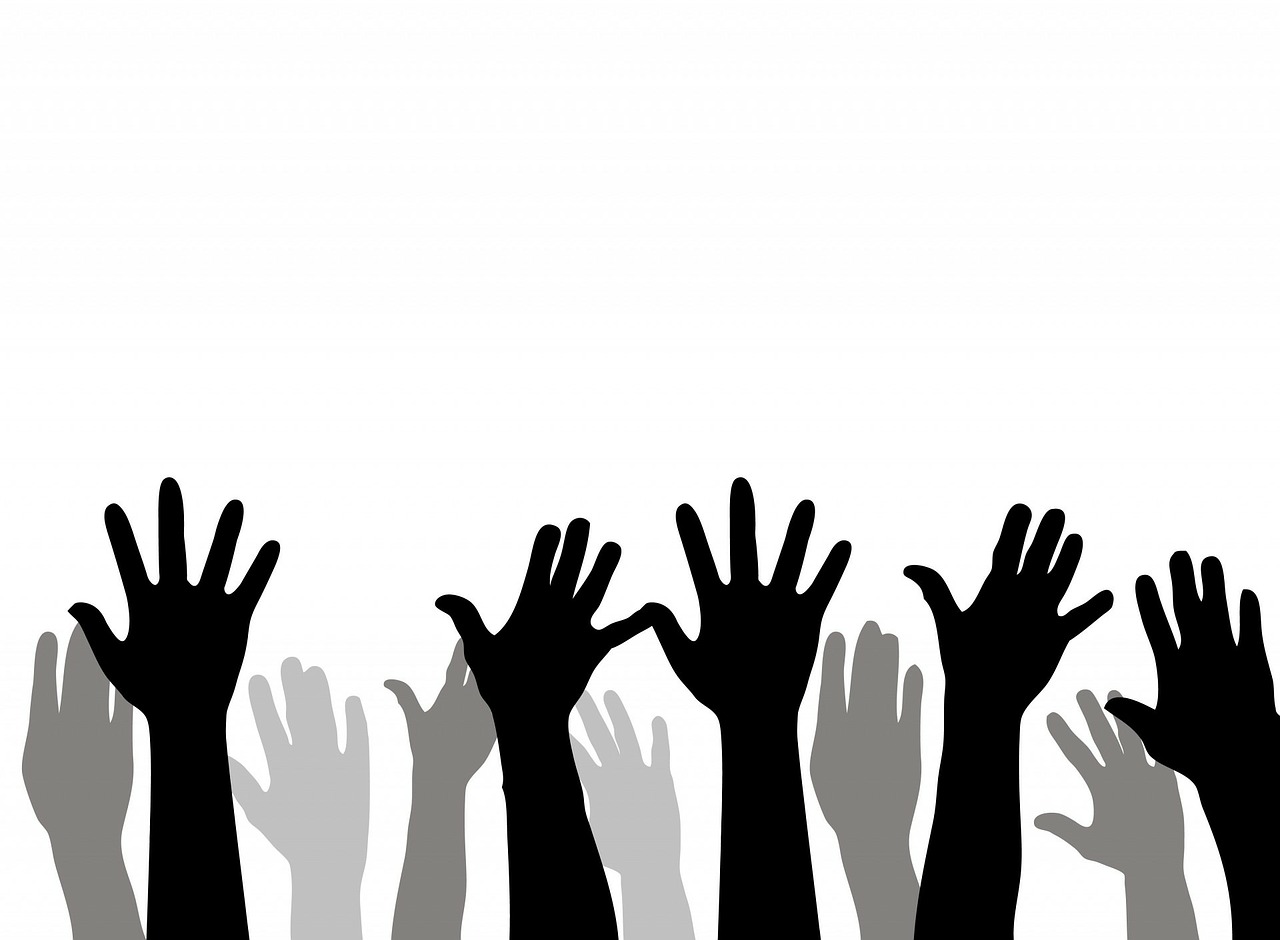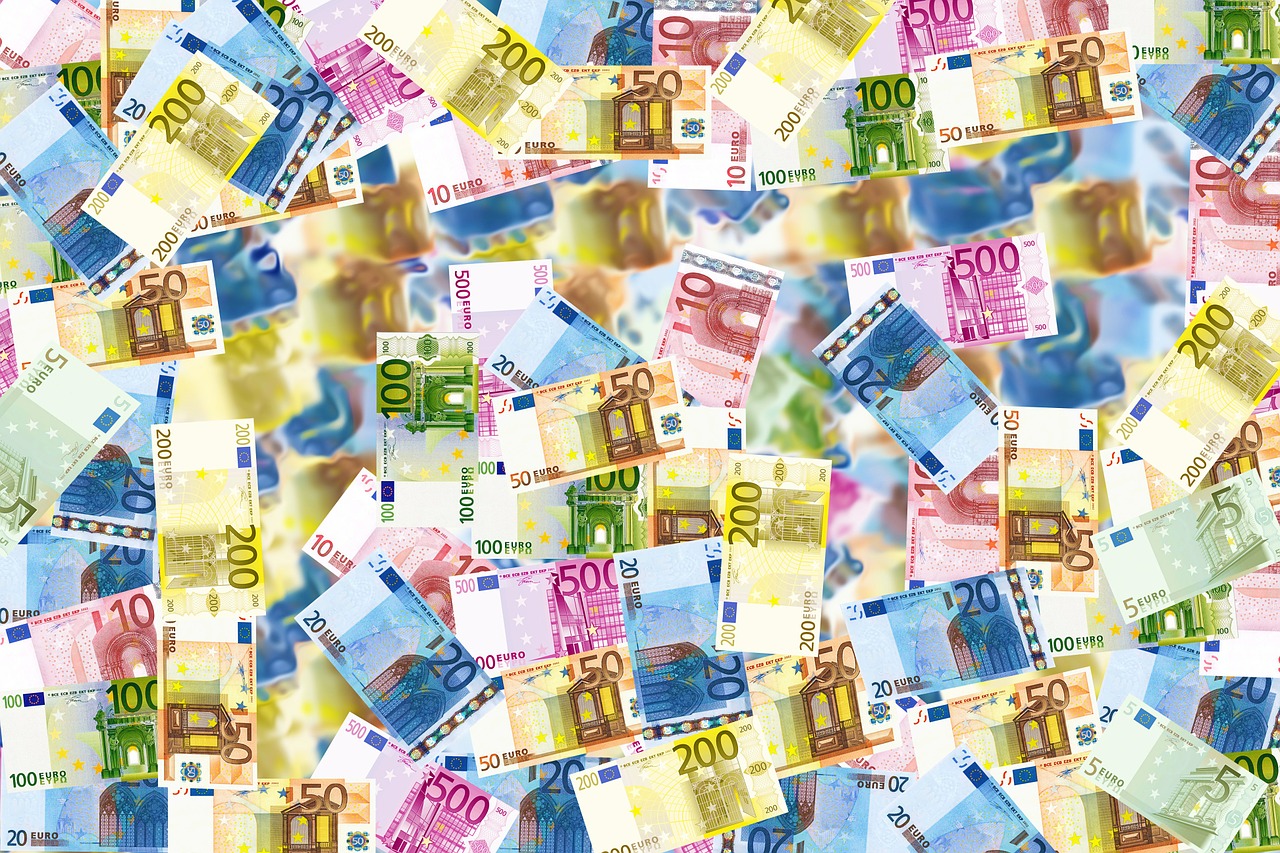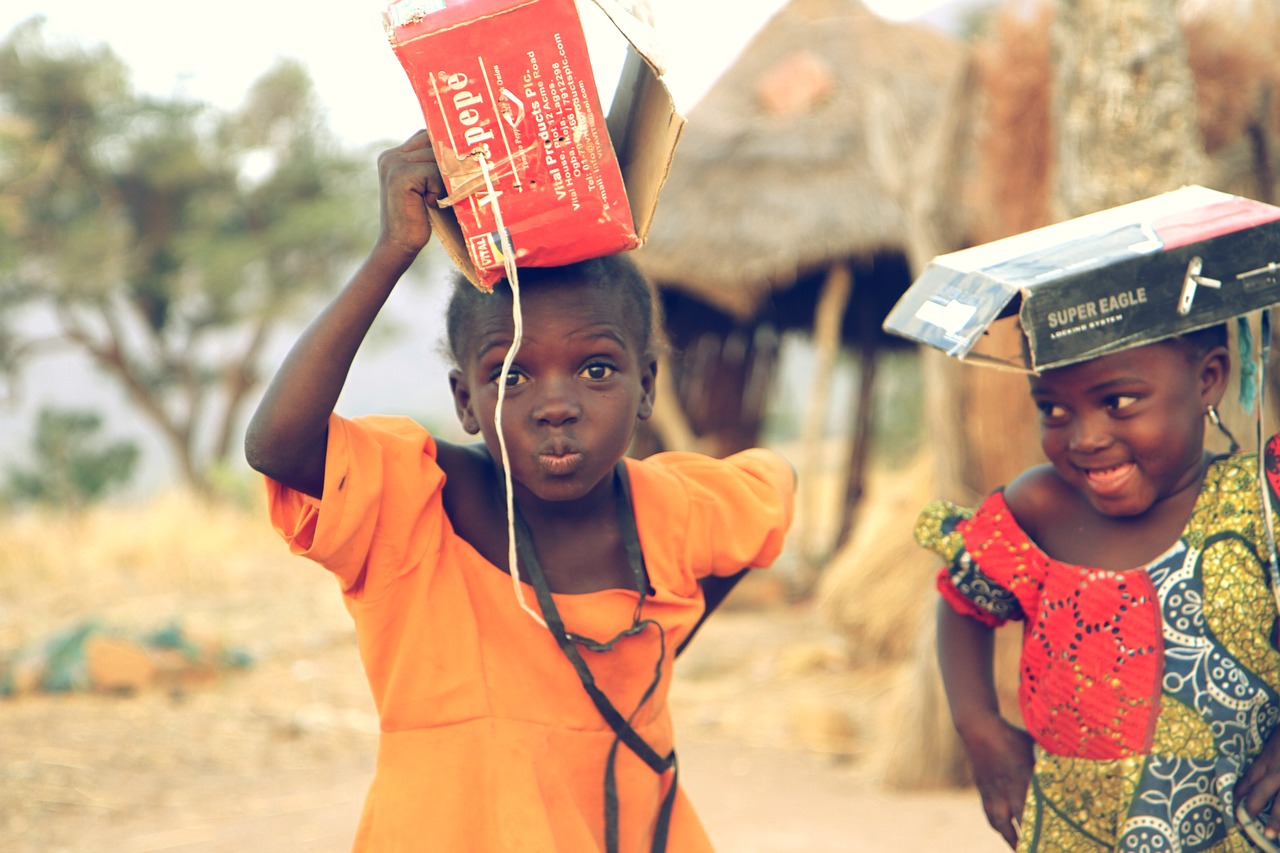
South Africa’s ruling party slips off after first count results. Only 57 percent of voters gave the ANC their vote. But President Ramaphosa will be able to continue governing without a partner.
For the once proud party of the anti-apartheid fighter Nelson Mandela, it is a bad result: After the census of about half of the votes cast, the African National Congress (ANC) in the parliamentary election slipped from 62 percent in 2014 to 57 percent now as the electoral commission explained. Observers had expected such losses in the face of dissatisfaction in the country due to corruption scandals, unemployment and continued poverty.
This is one of the worst values for the party of President Cyril Ramaphosa since the end of racial segregation and the first democratic elections in 1994. The ANC will, however, in all probability be able to return to national government alone. Ramaphosa had already announced on Wednesday, to reform his cabinet and the corruption announced the fight. The 66-year-old reached the top of the ANC last year after President Jacob Zuma was ousted after a series of corruption scandals.
Ten million non-voters
The leading opposition party Democratic Alliance (DA) thus increased slightly from 22 to almost 24 percent of the vote. The leftist Party of Economic Freedom Fighters (EFF) climbed from six to nine percent. A white minority party, VF Plus, jumped from 0.9 to almost three percent.
Around 27 million South Africans were called upon to elect the 400 parliamentarians in Cape Town and provincial representatives. Voter turnout reached a historic low of 65 percent, as preliminary results showed. Around ten million people have renounced their right to vote, including most first-time voters.
Ramaphosa’s popularity and his promise of a „new age“ are the reason why the ANC is once again in favor of an absolute majority. But the discontent of the population is growing, since the party has not been able to curb poverty and social inequality in the country after the end of apartheid. Economic growth in 2018 was only 0.8 percent. The unemployment rate is around 27 percent. Every second young person is unemployed.



